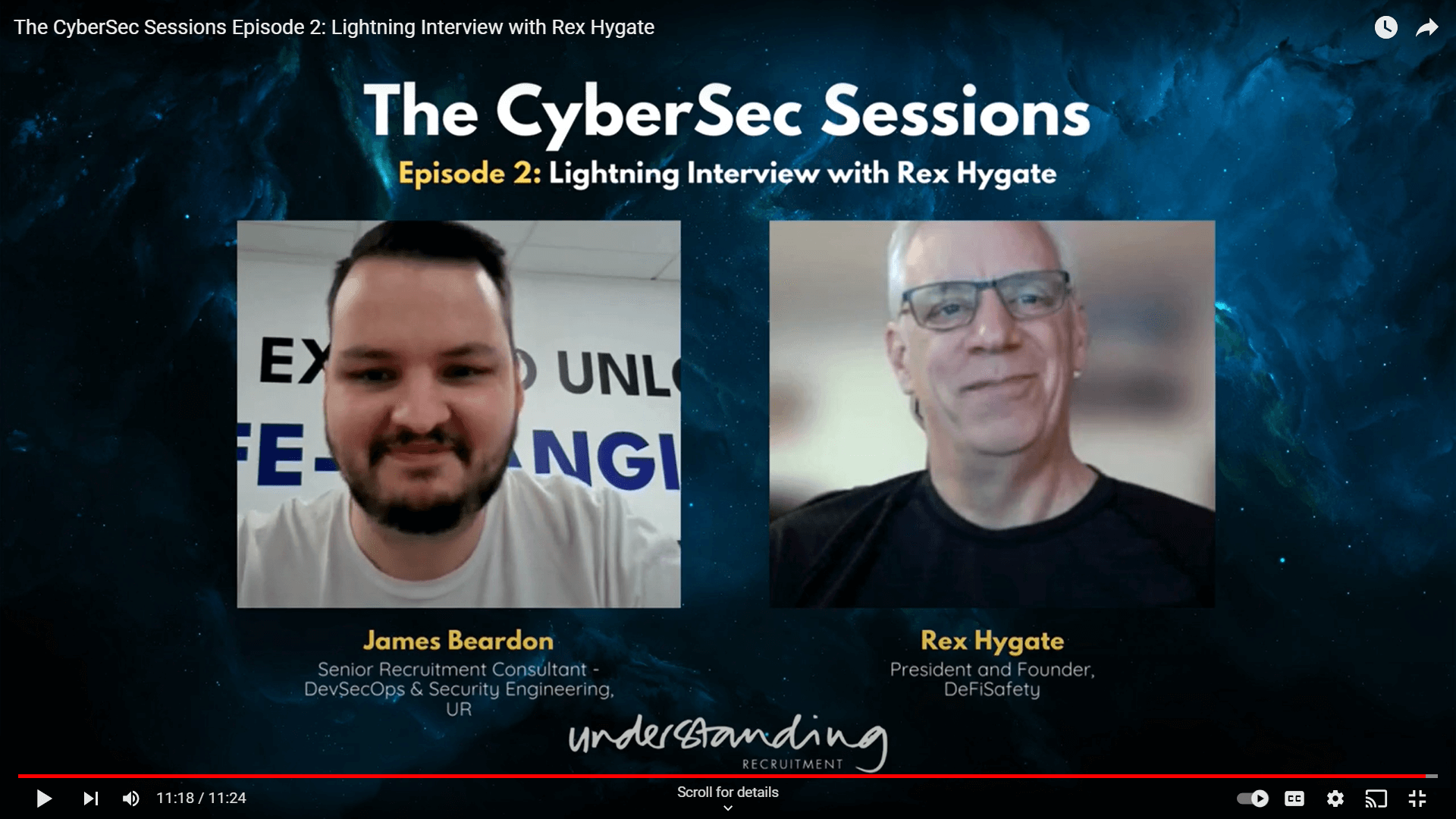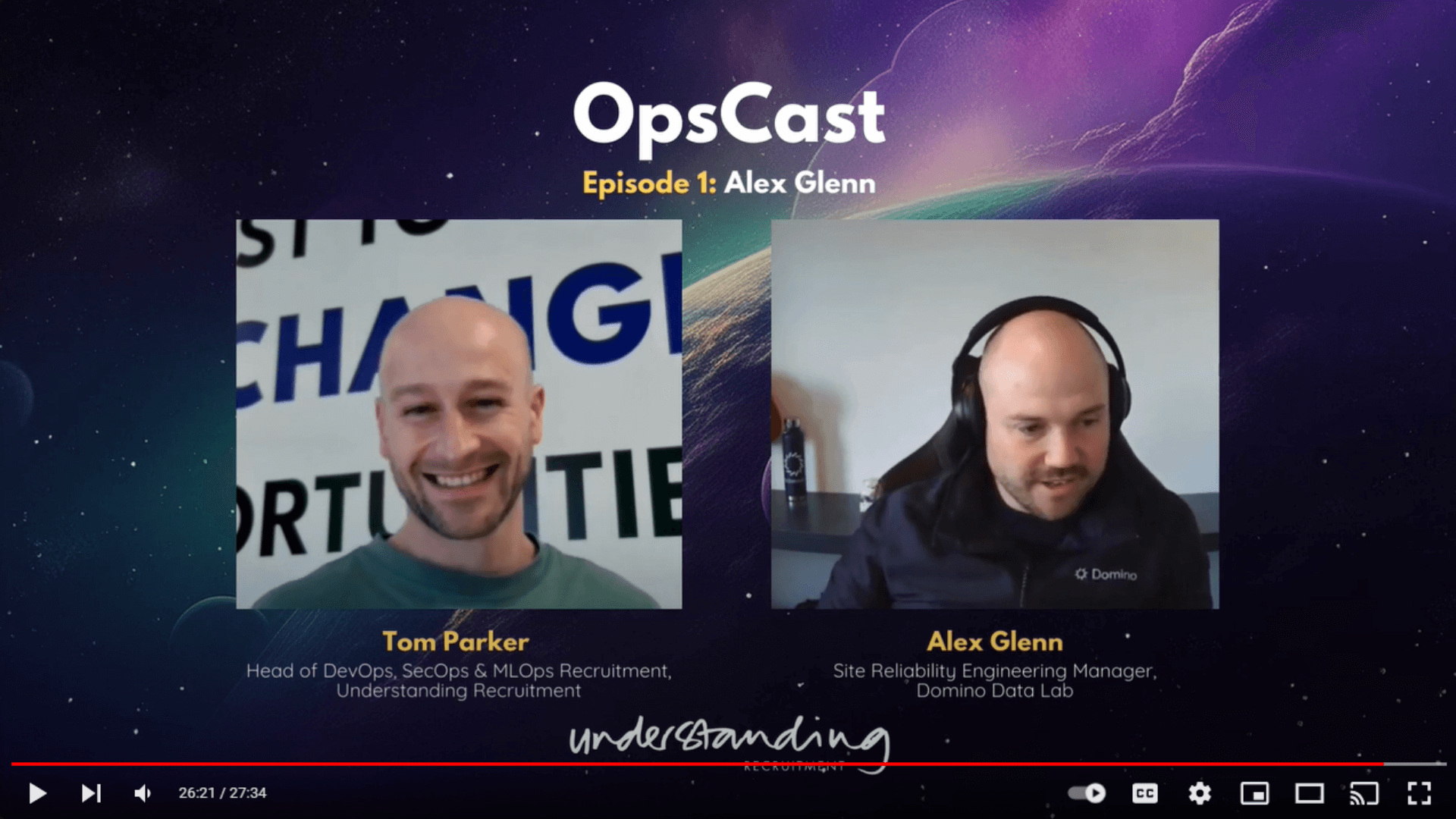
Career Series Part 2: Interview Advice
20th December, 2018We can't promise to take away the butterflies, but we can share our interview tips with you. It's time to step up your interview game...
Stage 1
Research the company
Find out as much as you possibly can about the company. Look at the latest company news, their annual reports, website information, and anything else you can get your hands on. This shows your enthusiasm and interest and will also make you feel more prepared. If it's a close match between you and another candidate, it can make all the difference.Arriving early
You should plan your route and give yourself plenty of time to get to the interview. Plan for the worst-case scenario i.e. traffic jams, nowhere to park and so on. Aim to get to the interview at least 20-30 minutes early. If there is a remote chance of being late call a member of Understanding Recruitment so we can make the client aware.
Understand your CV
Know yourself. What are your strengths, weaknesses and achievements? You should try and plan for what questions may be asked during the interview as well as providing examples to back up your answers. These are typically for competency-based interviews (usually lead by the Human Resources department).
First impressions count
You should always dress appropriately for interviews. This is your first opportunity to impress the client and get off to a great start. Research the company and figure out what the dress code is for the current employees. If in doubt, always dress smartly. Being overdressed is definitely better than being too casual.
Stage 2
Smile and offer a firm handshake
As well as being a strong cultural and technical fit, it's also good to portray yourself as someone who would be a real asset to work with. Always offer a firm handshake when you meet interviewers. Even make an effort to get on with reception whilst you're waiting as this feedback does filter through. If an interviewer is unsure about you, they may well poll others you passed in the corridor or briefly met. It may not be fair, but it is common practice.
Communicate concisely and listen carefully
Thoughtful and concise communication is the key to successful interviewing. Listen very closely to the interviewer and don't interrupt their question as this can be extremely frustrating. Also use positive body language.
Be respectful
It's important to show the utmost respect to everyone you meet throughout the interview process from the office junior through to the CTO. Everyone you meet will be part of the decision-making process.
Don't ramble
The most effective interviews are those where an interactive two-way conversation prevails. Make sure you answer the question directly without any rambling. Each answer should be no longer than 1-2 minutes.
Stage 3
Provide examples
There's nothing more powerful than backing up an answer to a question with an example of how you demonstrated that particular capability/characteristic. That's why it's important to try and predict some of the likely questions and plan out your responses with strong examples.
Prepare questions
Asking a few questions during or at the end of an interview can be a really positive sign to an interviewer while also answering any lingering queries you may have about the role. Make sure these questions are well thought out and relevant but also of interest, rather than purely for the sake of asking a question.
If you're interested in the job, tell them!
Too many candidates don't let the client know exactly how interested they are in the opportunity. If you're keen on the position, it's crucial to express your high level of commitment. Don't be afraid to ask what the next stage would be and whether they would want to be informed if you receive another offer in the meantime (this may well speed up the process).
Communicate concisely and listen carefully
Don't blag - you'll eventually be found out. We've already discussed the importance of being prepared for the interview which means that there should be very few hidden surprises. However, if you do get that "difficult question" that you're struggling on, don't blag an answer, be honest, and say you don't know, but that it's an area you'd be keen to learn and explore further.


